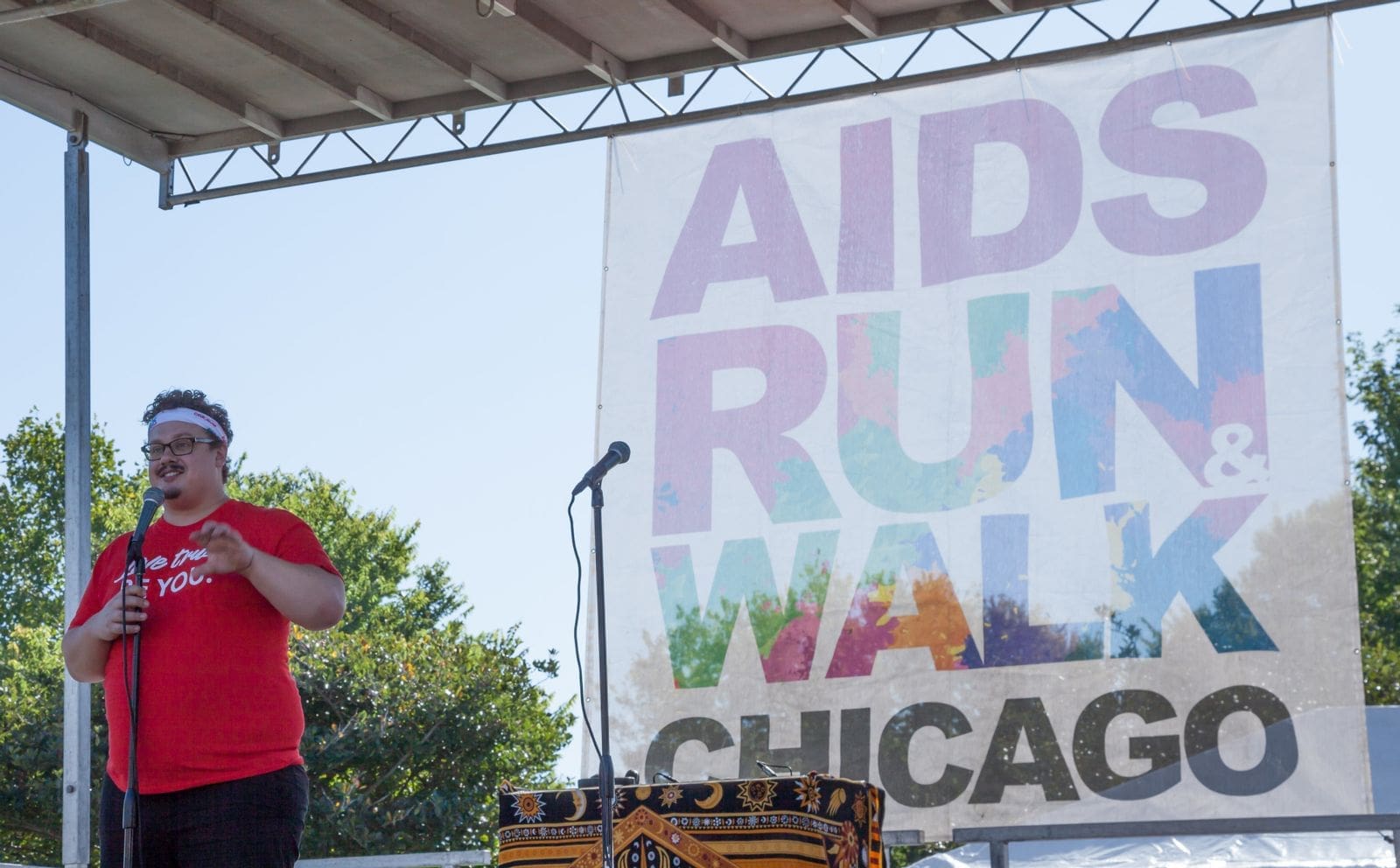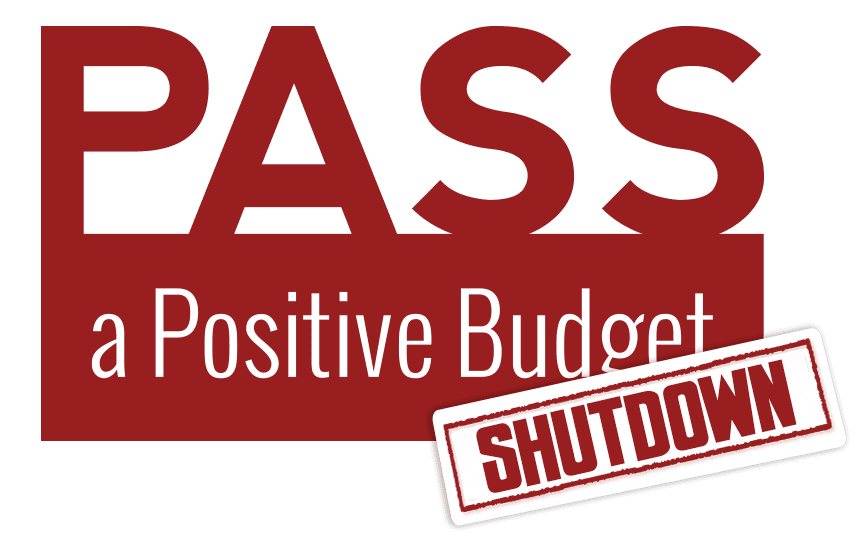On Thursday, April 8, the U.S. Centers for Disease Control and Prevention (CDC) echoed a deep, unconscionable truth that Black, Indigenous, and people of color (BIPOC) have known and experienced all along: racism is a public health threat. CDC’s new agency-wide initiative called Racism and Health aims to “refocus the CDC’s public health efforts on recognizing, acknowledging, and, most importantly, taking action on the multitude of ways race impacts people’s health.” CDC Director Dr. Rochelle Walensky said that racial health equity access must be prioritized into every action the CDC takes. Find more information about this new CDC initiative here.
Naming the problem and committing publicly to act on racial inequities are critical first steps, and for that, AIDS Foundation Chicago (AFC) affirms the CDC and Director Walensky for doing so. But now that the CDC (and, by proxy, the Biden Administration) has kicked off this initiative, it is essential that timely, intentional and proactive positive action follows.
That means that this work should not only be external to the CDC, but also internal, especially listening to its own BIPOC staff. It also means that the CDC should deploy resources, person-power and attention that is equitable in magnitude to immediately address and turn the tide on this 400+ year-old threat to the public’s health.
It means transparency in all aspects of its work, including this new initiative, and centering and listening to its most important stakeholders – community members disproportionately impacted by racism.
Just like COVID-19 became priority number one for the CDC once it hit the U.S., AFC now calls on the CDC to put in action everything necessary to tackle a pervasive, rotten infestation of our country’s systems, policies and practices: racism.


